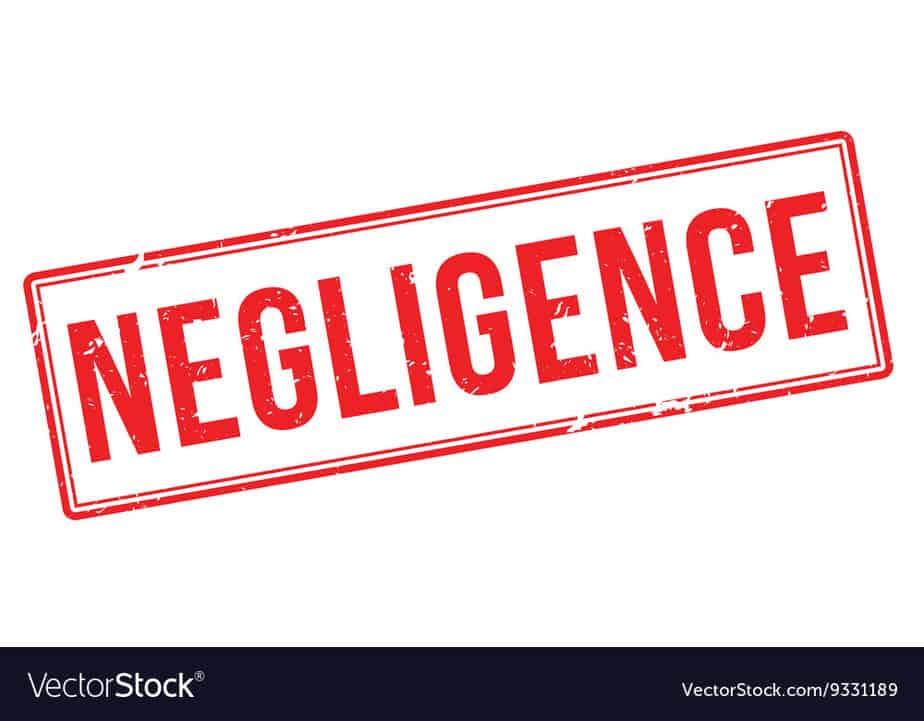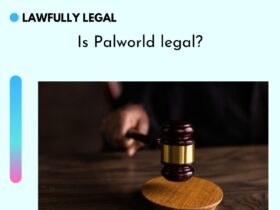Yes, you can sue for negligence without any physical injury as long as some kind of serious mental injury has been caused and it fulfills all the elements of negligence.
When we hear the word injury, the first thing that comes to mind is broken bones and bruises. Although these qualify as injuries, these are not the only type of injuries. Injury can be physical as well as mental. We already know that we can sue someone for causing physical harm to us by committing the tort of negligence, But can we sue for mental injury as well?
First, let us know what Negligence actually is:
Table of Contents
What is Negligence?

Negligence is a failure by an individual in taking reasonable care. We can say that the tort of negligence has been committed when a person does something carelessly or omits something from doing when he owed a duty of care to the other person. If it is proven that the person owed a duty of care and he breached that duty, he is liable for all the damage caused to the plaintiff due to his negligence.
There are some elements which needs to be fulfilled in order to prove a case of negligence:
Elements of Negligence.
The elements of negligence are:-
- Duty – a person should owe a duty of care.
- Breach – He should breach that duty by doing it carelessly or by not doing it at all.
- Causation – His breach of duty actually caused damage to the aggrieved person.
- Damages – There was damage caused to the person due to his breach of duty.
If all the above conditions is fulfilled, the tort of negligence has been committed.
Can damage take place without physical injury?

Yes, there are many instances where the tort of negligence can be committed without any physical injury. Mental and emotional anguish such as nervousness, grief, anxiety, worry, shock, humiliation, shame can qualify as mental or non-physical injury.
Examples of damages without physical injury.
There are numerous examples where damage can take place without physical injury:
- If your loved ones die in a building collapse in front of your eyes.
- If you witnessed your parents die in a car accident.
- If you see your husband die due to some equipment failure.
- If you witness your baby or your spouse die during pregnancy medical procedure.
The only thing required for you to sue in the above scenarios is that it fulfills all the elements of negligence. Events like these can leave emotional scars for life which can easily qualify for mental injury.
Can you sue for negligence without physical injury?

Yes, you can sue for negligence without any physical injury as long as some kind of serious mental injury has been caused and it fulfills all the elements of negligence. Being anxious or sad for a couple of weeks will not entitle you to compensation. The injury should be such that it is difficult for an average person to cope up with it and it becomes a hurdle in your day-to-day life.
What are the remedies for the tort of Negligence?
Remedies for the tort of negligence are usually in form of compensation. Depending on the case, both punitive and nominal damages can be awarded. Compensation is usually paid on 3 premises:
- Lost earnings and earning capacity – If a person becomes incapable of earning for some time, or lost some potential earnings which he could have earned if not for injury, will entitle him to compensation of the equivalent amount.
- Medical Expenses – All the medical expenditures which the plaintiff had to endure due to the injury will have to compensate by the defendant.
- Pain and suffering or loss of enjoyment – All the pain and suffering caused to the plaintiff or the enjoyment he is going to miss out on due to the damages will have to be compensated by the defendant.
All in all, you can be compensated for the emotional stress caused to you as long as you are able to prove it in a court of law.
Recent post










Leave a Reply
View Comments